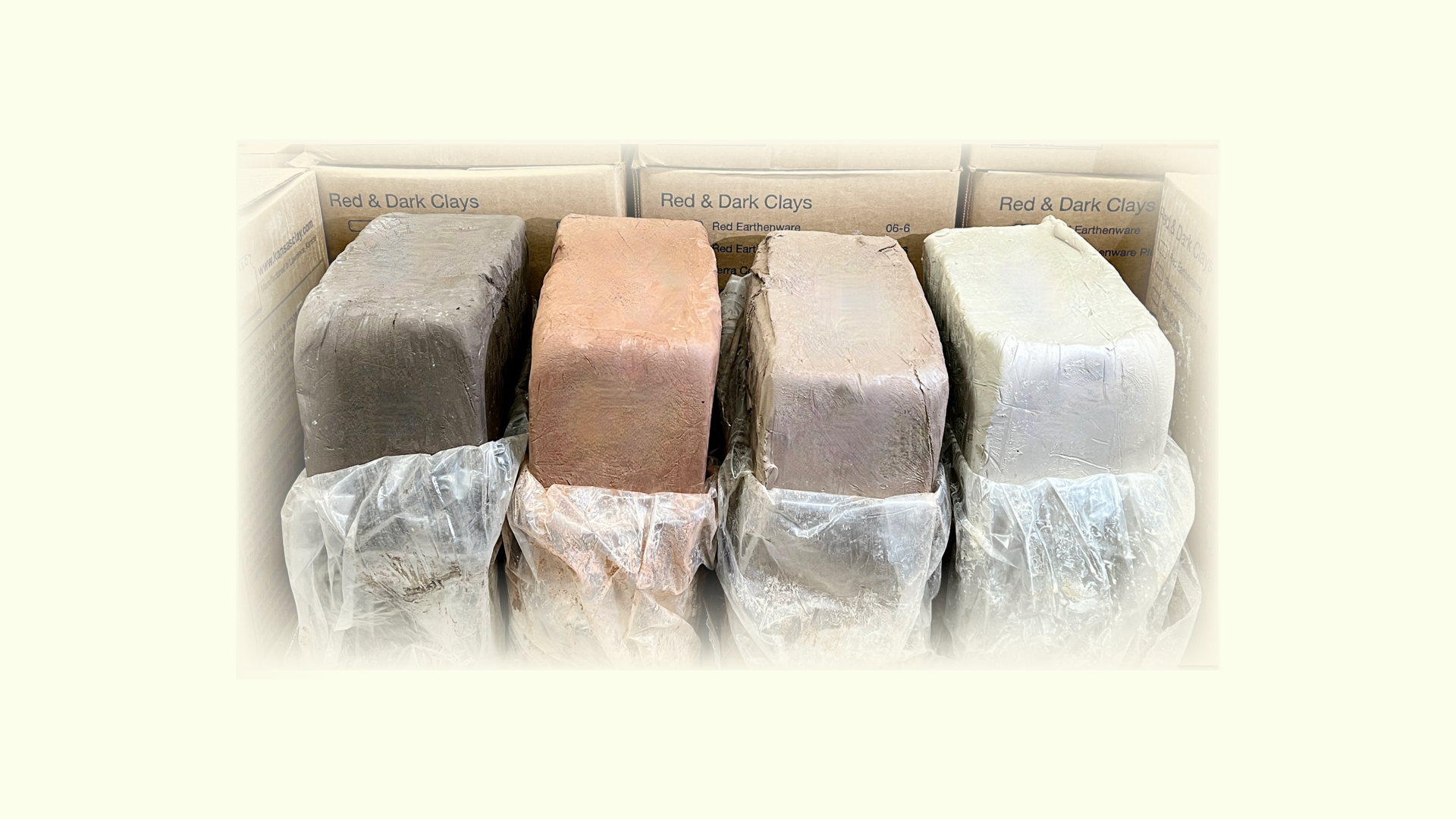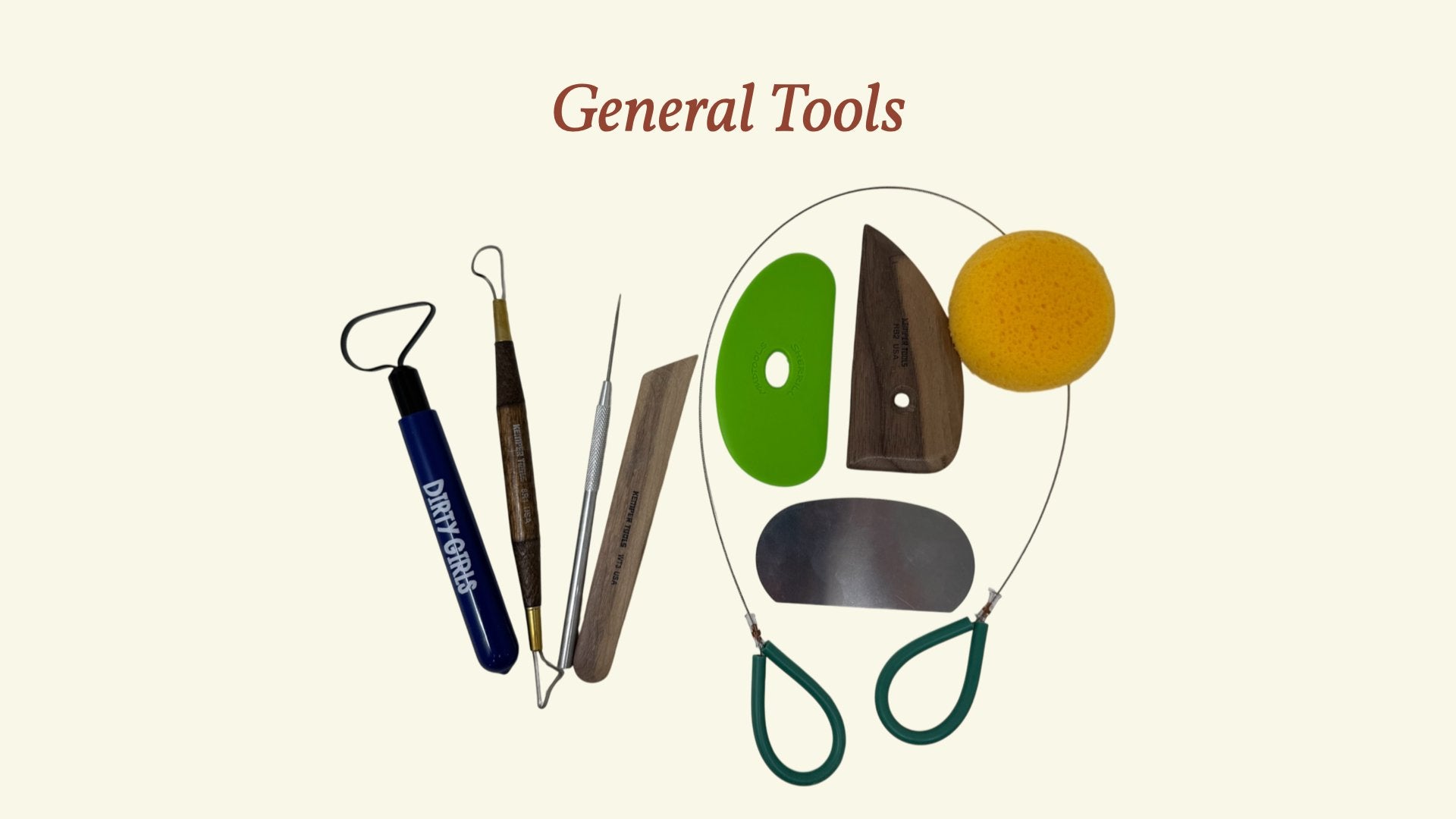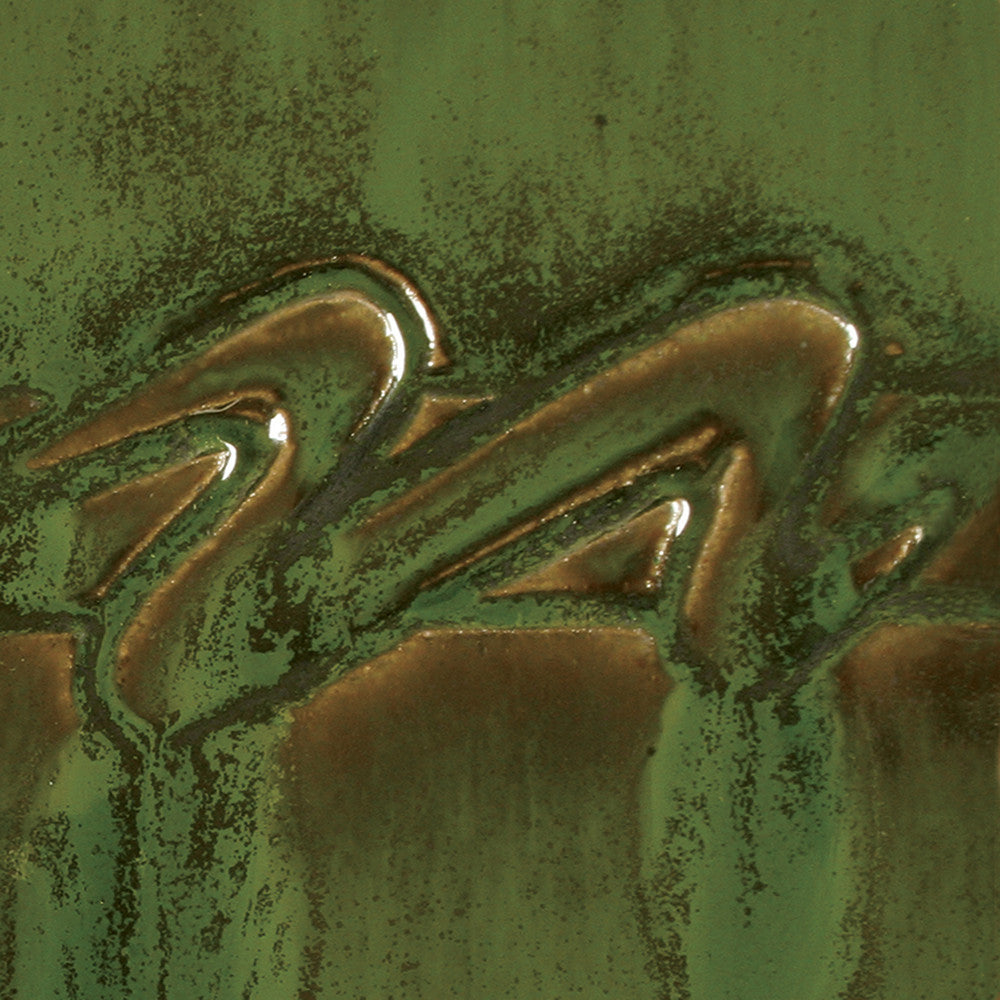Controller Integrated Orton Vent Master for Cone Art Kilns
Controller Integrated Orton Vent Master for Cone Art Kilns
Share this product
Why Vent My Kiln?
All products fired in electric kilns contain organic materials that make carbon monoxide and other fumes when they are burned. Fumes released may contain sulfur oxides, hydrogen fluoride and metal vapors, depending on the products fired. Carbon monoxide and other fumes can affect the color and properties of the fired product if they are not removed from the kiln earlier in the firing. Red, green, gold and similar products are particularly affected by carbon monoxide at temperatures where the color develops.
Removing released fumes from your work environment is very important, since these are unhealthy to breathe on a regular basis. Carbon monoxide can cause headaches and nausea and other potentially serious health problems. Why VentMaster? During operation, the KilnVent system keeps the kiln under a slight negative pressure. This pulls the fumes out of the kiln and pulls in a small amount of fresh air. Firing times are essentially the same. The fumes are exhausted directly into a duct system and removed from the kiln room. Improved air flow in the kiln results in more uniform temperatures, reducing hot and cold spots.
Temperature Uniformity
During several test firings without VentMaster, total temperature variances of 77° were produced due to the lack of air circulation. While firing with VentMaster, the temperature variance is reduced to 30°, over 38% more uniform. With the use of VentMaster, the hot air typically at the top of the kiln, is pulled to the bottom. The variance can be seen above for both scenarios. The firing cones (circled) can be visually compared to determine the approximate variance from top to bottom.
Health and Safety Issues
OSHA has set standards for carbon monoxide exposure of 35 ppm (parts per million) for long- term exposure and 200 PPM for short-term exposure. Independent testing has shown that fumes near the kiln can exceed 200 PPM near the kiln during the firing of greenware. This can cause headaches, fatigue, sore throats and nausea. When properly installed and operated, a downdraft vent removes ALL harmful fumes and provides a safer working environment.
Regulations
Most states and localities have set venting requirements for firing kilns in public places. Your local and state health board should have this information. The Uniform Mechanical Code lists accepted venting methods. The downdraft system made by Orton is listed in the 1992 approved Code. Orton downdraft vents have been certified by ETL (Intertek Testing Services NA, Inc.), an Internationally Recognized Testing Laboratory).
VentMaster has earned the right to bear the ETL mark in the US, CETL in Canada and CE in European Markets.
Pre-Order/Special Order
Your payment information is authorized at checkout, your order is then reviewed by staff, and your payment is processed securely after your order is confirmed. We do not store credit card details nor have access to your credit card information.










